Simple things
Silence, sauna, sisu and snowy winters. This cold and gloomy country has been branded exotic across the globe, though its inhabitants naturally consider it a very simple, even banal place. And even yet, despite its harsh climate, many Finns travel and live abroad a lot – but they keep coming back. At least most do. I’ve heard many Finns say that despite liking travelling a lot or living abroad, eventually they’d want to live most of their lives in Finland. Why, if it can be a very boring, unsophisticated, cold country with its culture entirely rid of elegance (almost)?

There’s a variety of factors that influence those choices, but what rises up amongst the delights of this sparsely populated country is peace, safety and sociopolitical practicality. It’s like that specifically because of the previously mentioned features: we have a lot of space compared to our population, the nation is small and things are thus easy to control. It’s also an integral part of the Finnish cultural identity to remain neutral in conflicts as long as that can prevent unnecessary conflicts, but only as long as it helps. This is explained by the geopolitical position of the country and the history of its nation and culture. Even though Finland as a country is very young, a nation of Finns has existed in the area far longer and its culture has developed during its time as part of the Swedish kingdom and Russian empire.
This capacity for peace and avoidance of conflicts shows in our daily lives too, and is supported largely by the fact that we have things pretty good up here in the north. The country is relatively wealthy despite its debt, the social support systems are good enough for the amount of people, and we’ve been quite united to an easily definable cultural identity. There’s enough for everyone and we don’t leave anyone behind; our social support system is gracious: we give also to those who might not deserve. There’s mercy and there’s equality.
We’re also known for fierce violent self-preservation when necessary; the history of our nation displays this far further than the recent World Wars. It’s not just about living in harsh natural conditions: the concept of sisu has developed through hundreds of years of suffering imperialist colonialism, oppression & famine. I adore these principles in our nation. Even though they are not entirely universal, they’re widespread enough to show a respectable culture, one that avoids conflict but is ready to protect its peace. This kind of attitude towards conflict makes the Finnish cultural identity easy to adopt due to its morally appealing nature.
The Finnish conflict-averting culture is part of a larger shyness in the Finnish culture. Similar behavioral nuances can be seen in the silence of Finns and the tendency for social awkwardness among foreigners. It all seems part of a general withdrawnness or introversion that is rather easy for foreigners to recognize – and Finns are aware of this stereotype and its reality, to an extent. Finnish culture – or the lack of it – can even be quite bleak, banal or boring, since extravagancy, glamour or elegance are rarely connected to stereotypical Finnishness. Stereotypical Finnishness is very modest and its typical for Finns to be shy about self-expression or standing out. Without proper research its hard to say what this has its basis in, but it’s likely due to struggles of the nation’s cultural history as part of the geopolitical strife of the Northern European history.
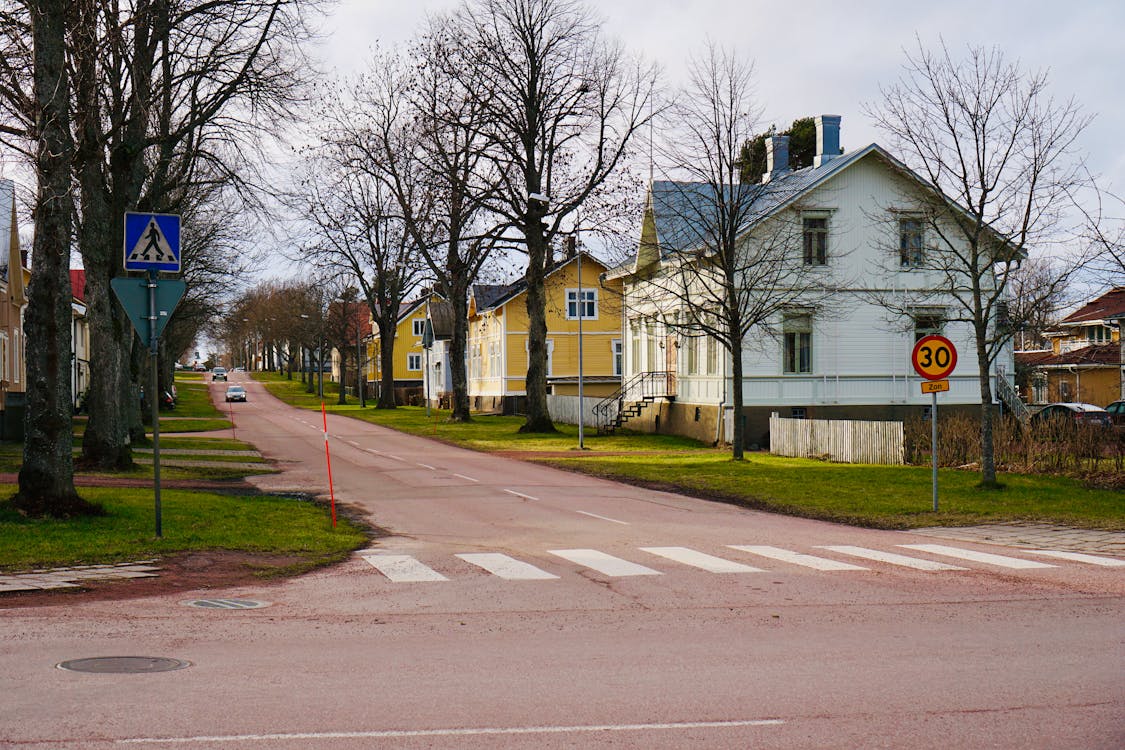

The things we often consider appealing about the Finnish culture, like silence, sauna and snowy winters – the ‘exotic’ things – might not in fact be the reasons Finns keep coming back. These simple yet beautiful parts of the culture are integral to its identity but most importantly I think they symbolize the essence of Finnishness. The essence and value of Finnishness is most importantly visible in the safety-providing social systems, norms and services, such as a high standards of personal space, healthcare, infrastructure and the social support system. These things reflect the principles of trust, care for others, grace and a degree of socialism despite the Finnish stereotypical introversion.
I think despite the media-sexiness of the midsummer naked-swim at a hidden lake or the gritty winter landscape of Lapland, the real reasons Finns would return from their long travels or phases of living abroad is the strong social security and high standard of living. The things that make up those strenghts of the country are in danger right now, with healthcare being heavily transferred to private companies and the state getting deeper into debt. It’s good perhaps to ponder at this and remind ourselves the importance of such simple things when they make a country where you would always like to go back, even from somewhere with a comfortable average temperature of 20 Celsius degrees and cheap alcohol, along with the other lacks that you choose when you choose to live in Finland.
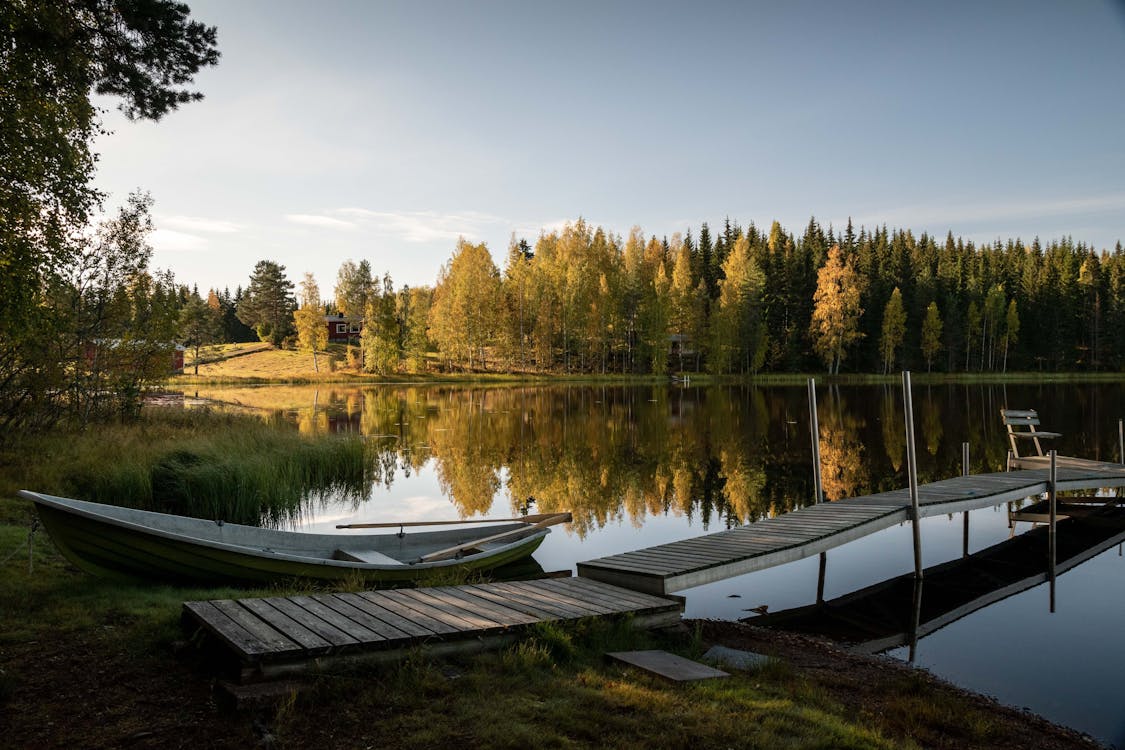
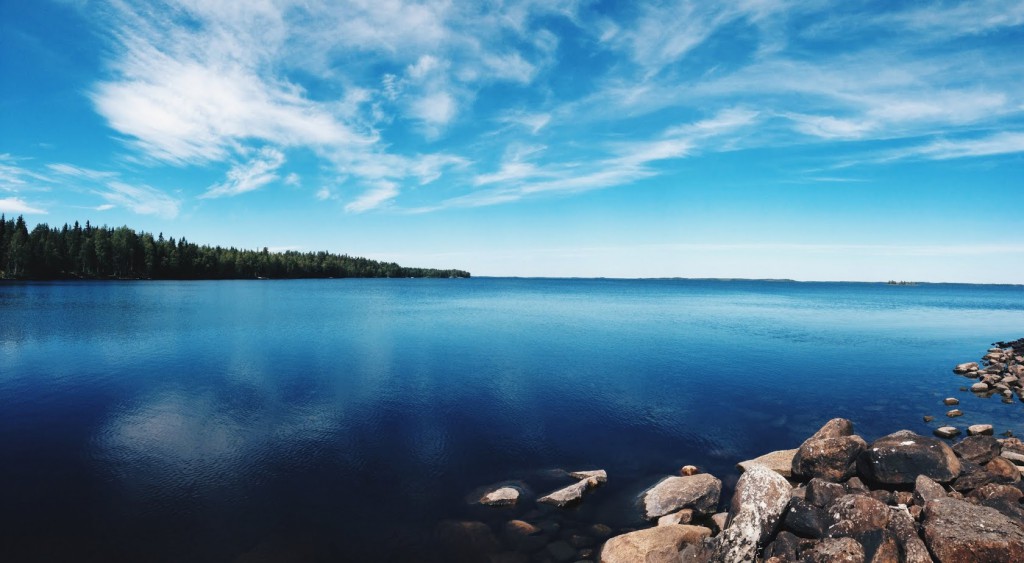
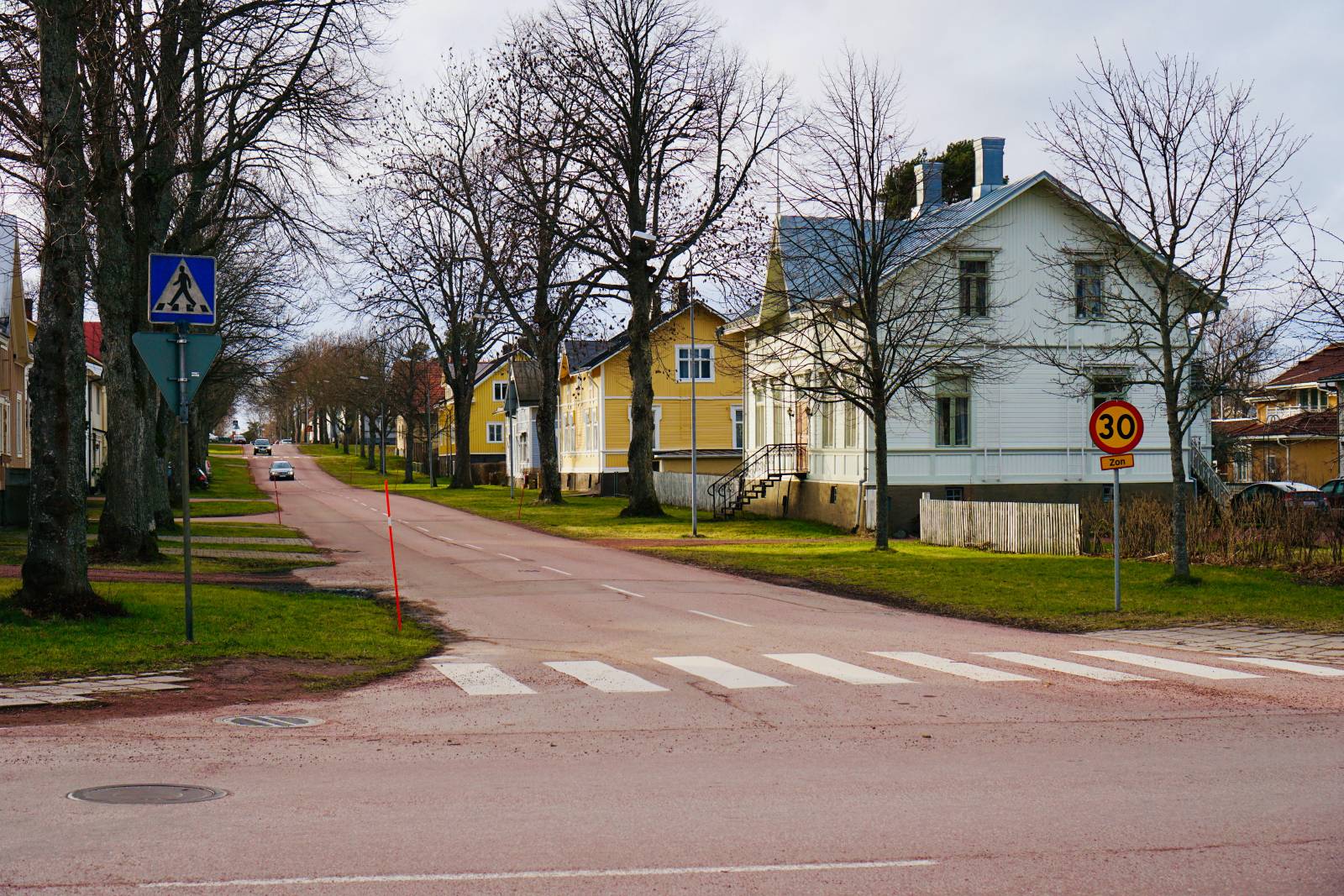
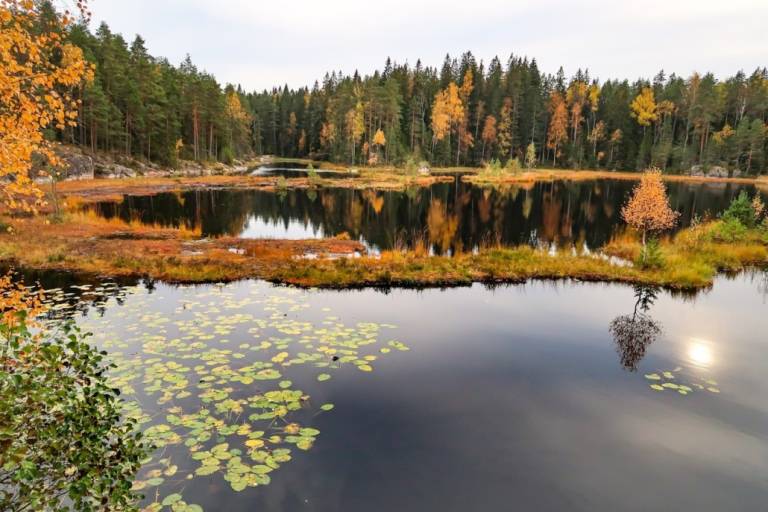
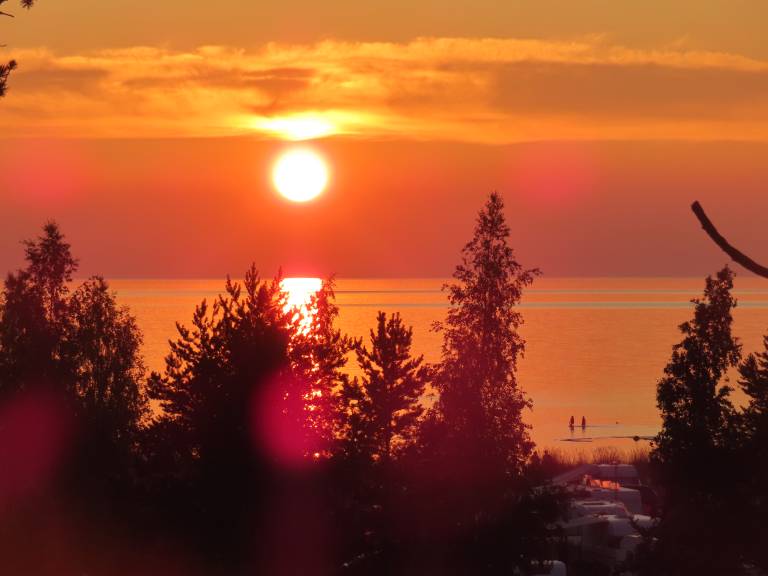
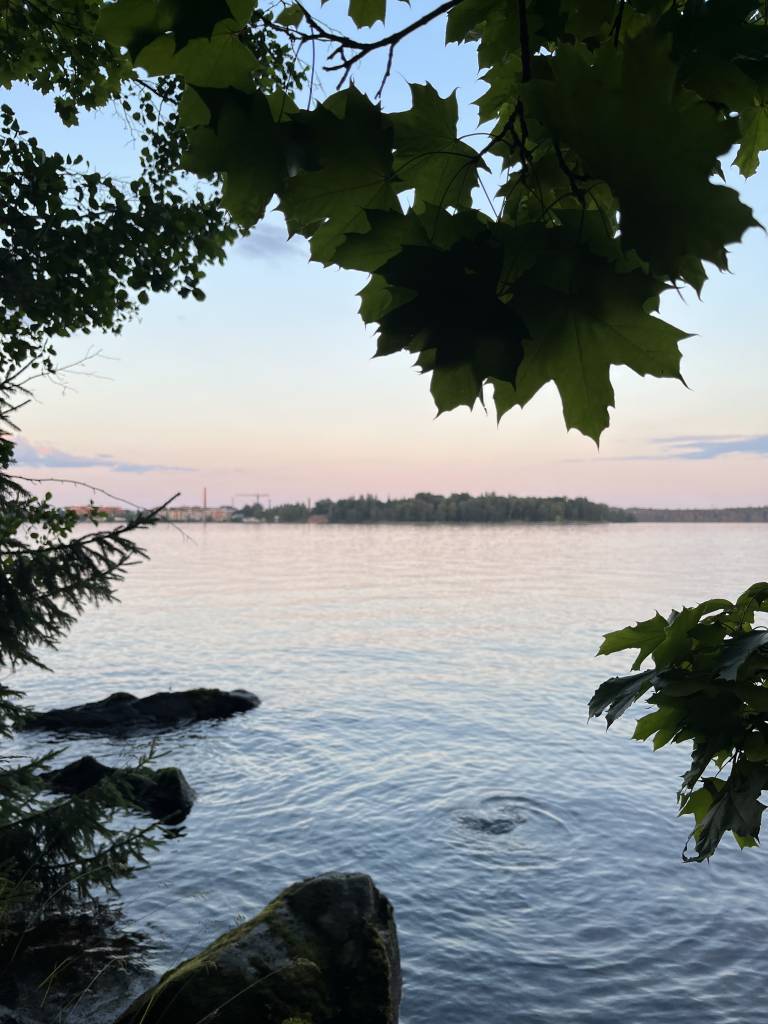
Comments